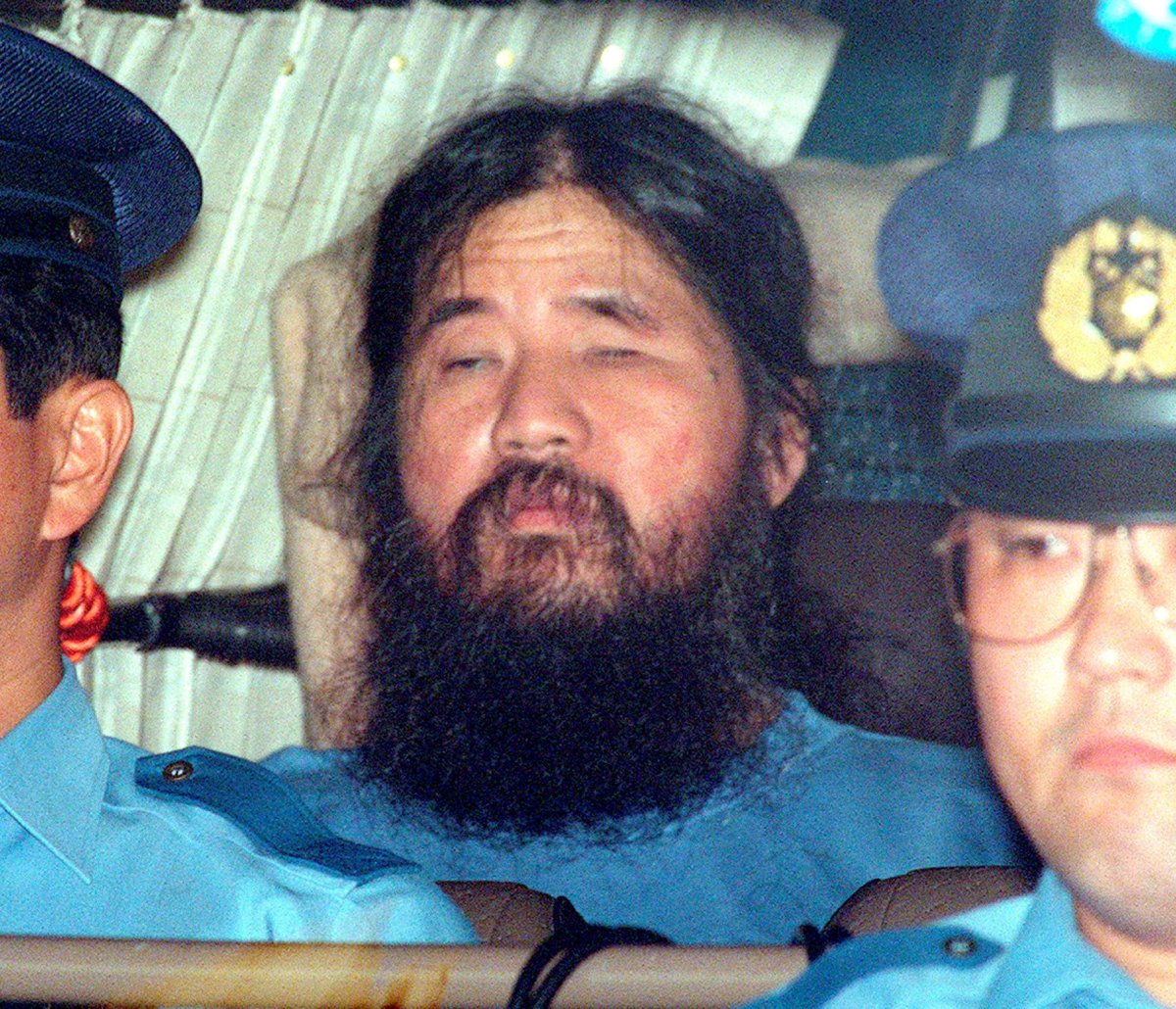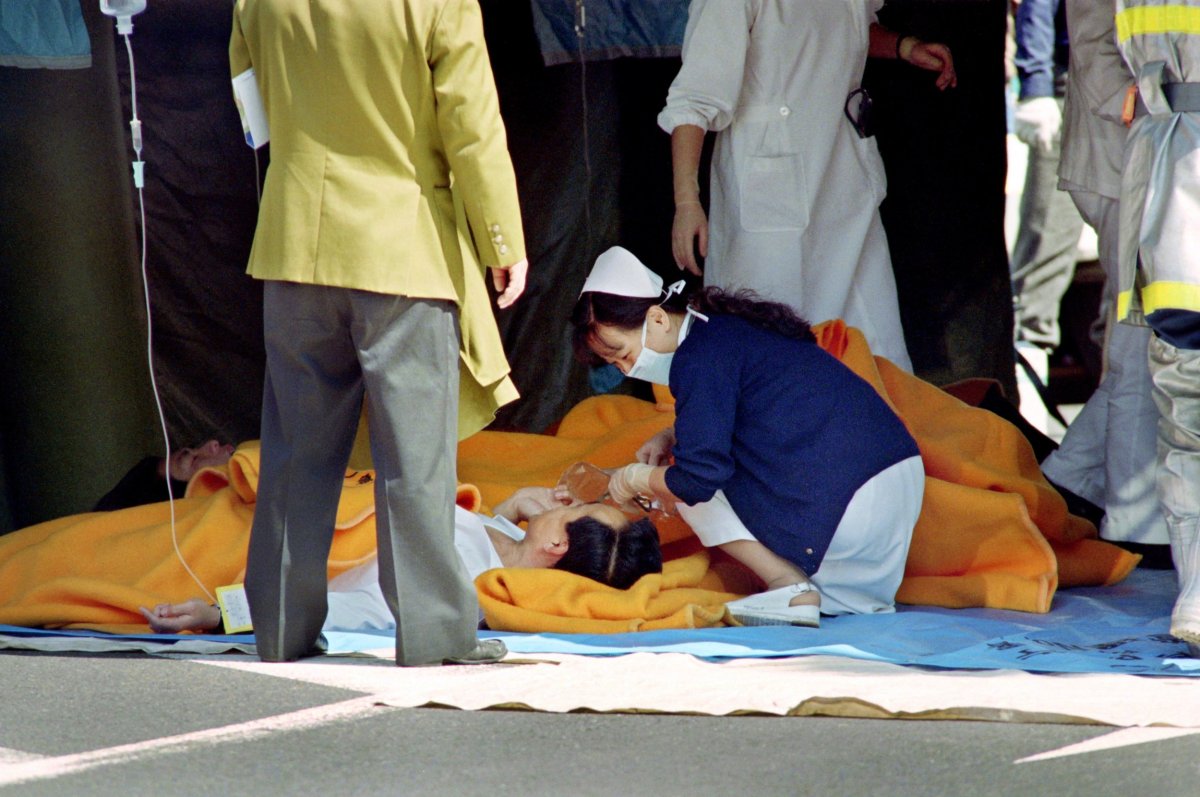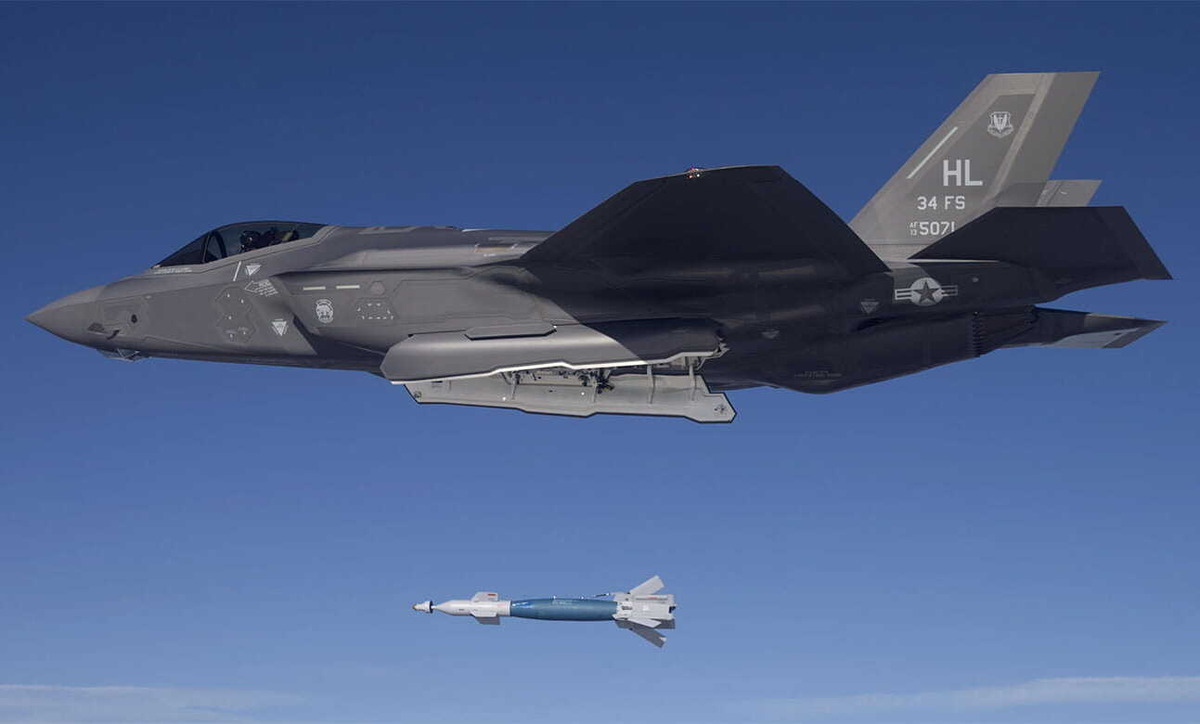The leader of the Japanese Aum Shinrikyo doomsday cult and mastermind of the country's worst ever terrorist attack has been executed at a Tokyo jail.
Shoko Asahara, 63, was behind a 1995 chemical attack on the Tokyo metro network that used sarin to kill 13 people and injure thousands more. Six other members of the cult were also executed on Friday, the Japan Times reported.
The followers of the Aum Shinrikyo cult were also accused of several other murders and an earlier sarin attack in Matsumoto in 1994, which killed eight and injured 600 people.

Though sentenced to death in 2004, Asahara's execution was delayed until all those convicted has completed their final appeals. This process was exhausted in January. Japan does not give prior notice for executions, and prisoners on death row are not told when their sentence will be carried out until hours before. Six more members of the cult are still awaiting execution.
Asahara—born Chizuo Matsumoto—led the Aum Shinrikyo cult. Its members believed that an apocalyptic war was approaching, one only they would survive. The guru mixed Hinduism, Buddhism, Christianity and yoga to create his ideology. His followers would conduct strange religious rituals which included drinking Asahara's bathwater and wearing electrical caps they believed synchronized their brain waves with his.
Aum Shinrikyo gained official status as a religion in Japan in 1989 and attracted tens of thousands of followers globally. The cult had a significant public profile and its members even stood for public elections in Japan.
Asahara recruited well-educated professionals such as doctors and lawyers to help run his cult. These members helped procure and make conventional and chemical weapons—including sarin and VX nerve agents—at the cult's compound in the foothills of Mount Fuji.
The group went underground after the March 20, 1995 attack in which bags filled with liquid sarin nerve agent were pierced and left on subway trains traveling through Tokyo's political district. Five members punctured the bags using the tips of umbrellas before fleeing with waiting getaway drivers.

Fellow passengers noticed the leaking packages but were quickly overcome by the toxin. Some kicked the packages out of the carriages thus poisoning commuters waiting on platforms. The attack left victims vomiting and coughing up blood while others were blinded and paralysed. Thirteen people died and around 6,000 were injured. The incident left Japan stunned, its population used to a low crime rate and unaccustomed to terrorism. The death toll could have been even higher but the plotters failed to properly puncture several of the bags.
The cult then went underground and continued to form chemical weapons plots. Its members later tried to release hydrogen cyanide among other toxins, but their efforts failed. Asahara was captured two months after the subway attack, found hiding in a ceiling compartment.
As authorities tried to dismantle the cult, 191 other Aum members were charged for a wide range of illegal acts, including murder, attempted murder, abduction and the production of deadly nerve gases and illegal automatic rifles.
The religion persists and has since split into the renamed Aleph and Hikari no Wa groups. Its leaders have publicly disavowed Asahara's criminal activisites. Both are still legal in Japan, but have been designated dangerous ideologies subject to surveillance. Most of its followers are in Japan or Russia.
In 2016, Russian police carried out several raids against suspected members in Moscow and St. Petersburg. Aum Shinrikyo is designated a terrorist organisation in the U.S. and many other countries.
Uncommon Knowledge
Newsweek is committed to challenging conventional wisdom and finding connections in the search for common ground.
Newsweek is committed to challenging conventional wisdom and finding connections in the search for common ground.
About the writer
David Brennan is Newsweek's Diplomatic Correspondent covering world politics and conflicts from London with a focus on NATO, the European ... Read more
To read how Newsweek uses AI as a newsroom tool, Click here.








